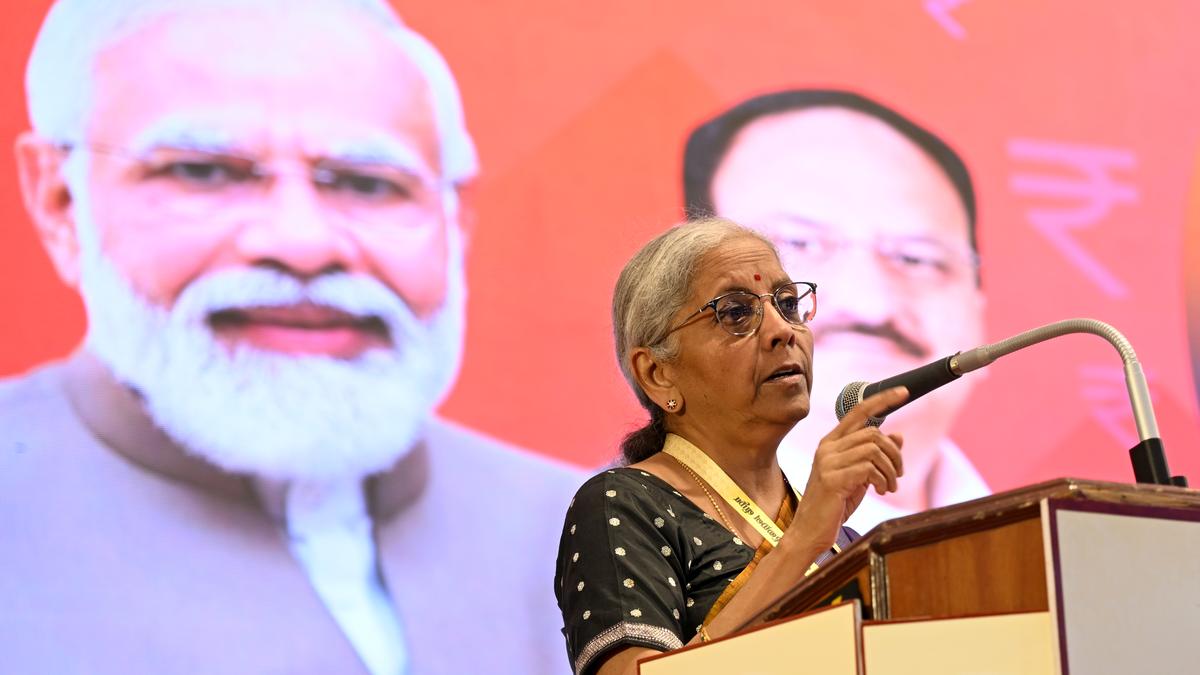Now Reading: ₹2 Lakh Crore Boost to Public Pockets from GST Reforms: FM Sitharaman
-
01
₹2 Lakh Crore Boost to Public Pockets from GST Reforms: FM Sitharaman
₹2 Lakh Crore Boost to Public Pockets from GST Reforms: FM Sitharaman

Quick Summary
- Union Finance Minister Nirmala Sitharaman announced that GST reforms slated for September 22, 2025, will leave ₹2 lakh crore in the hands of the public, boosting domestic consumption.
- GST has been simplified from four tax slabs to two, aimed at benefiting poor and downtrodden communities, middle-class families, and MSMEs.
- Sitharaman emphasized that reduced product prices under the new structure would increase production and job creation, leading to an expanded tax base.
- The number of entrepreneurs paying taxes has risen from 65 lakh before GSTS introduction in 2017 to 1.5 crore as of now.
- She rejected Rahul gandhi’s earlier criticism referring to GST as a “Gabbar singh Tax,” stating it had rather grown India’s entrepreneurial landscape significantly.
(Image credit: Moorthy G., Source: The Hindu)
Indian Opinion Analysis
The upcoming change in India’s Goods and Services Tax (GST) system reflects a significant shift aimed at simplifying taxation while encouraging economic activity. By reducing compliance burdens through fewer tax slabs and creating space for higher consumption among citizens, these reforms intend to foster an inclusive growth model. This move aligns with ongoing efforts to make taxation more equitable while stimulating job creation through increased business activity.
Though, questions about whether such benefits evenly reach all sectors or income groups remain critical for evaluation over time. While past criticisms exist regarding its implementation complexities or revenue implications for states under cooperative federalism frameworks, improved trust toward reforms by businesses might suggest broader acceptance now. The long-term success will depend on how effectively these policies translate into tangible outcomes for key segments-such as MSMEs-that form India’s economic backbone.






















